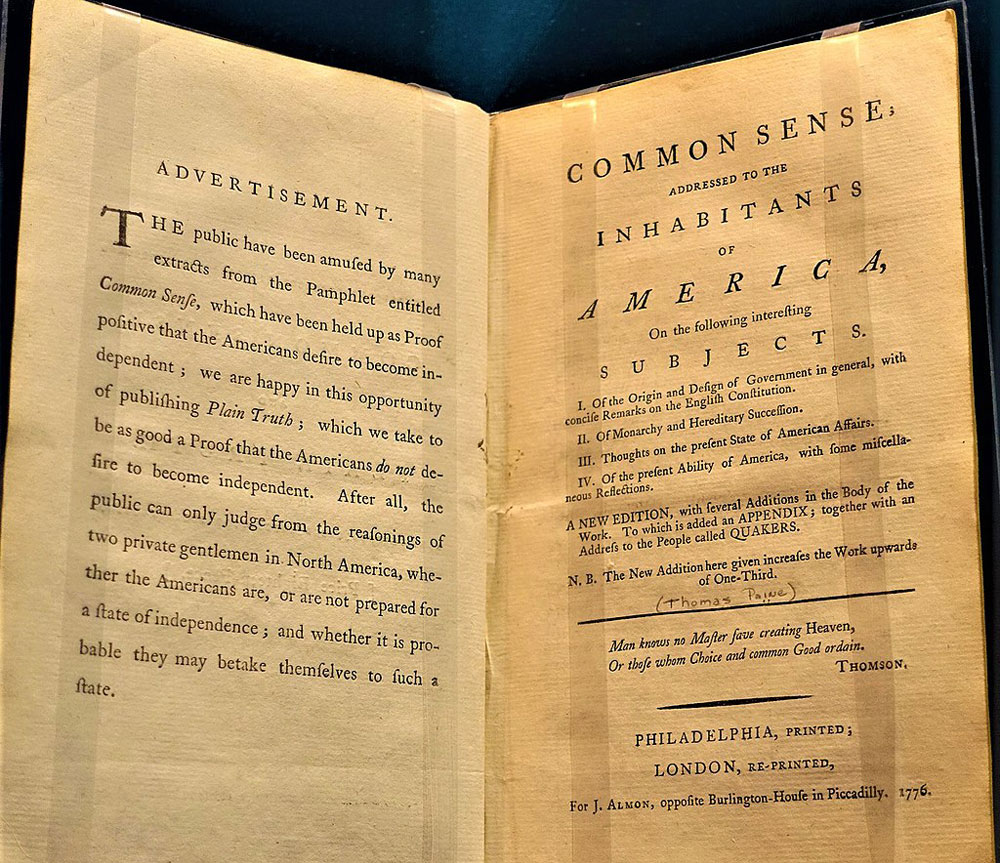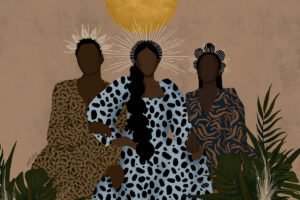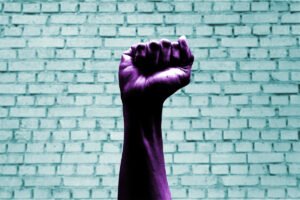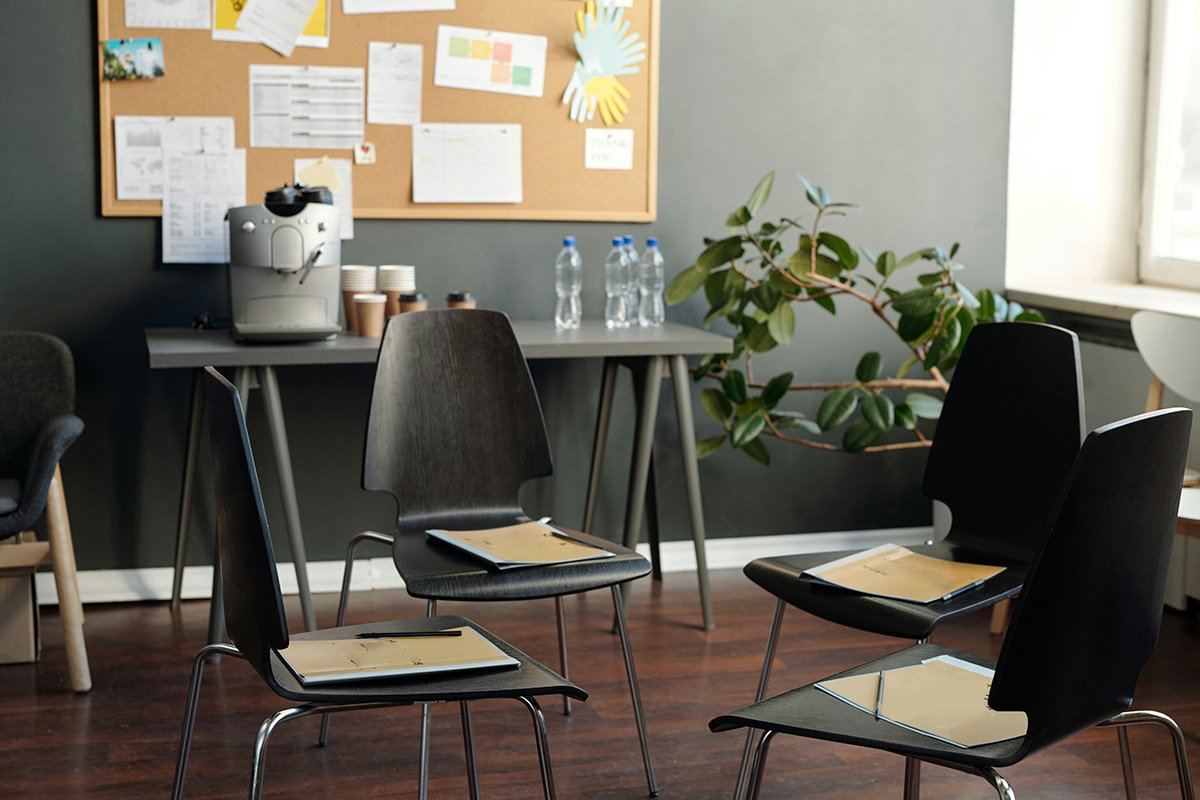
It should be obvious by now that we are at an inflection point in our country’s history. The multiple crises affecting our country could potentially usher in a new direction, one rooted in radical democracy and an equitable economy, or we can watch as decades of neoliberal ideology become further entrenched to the point that we risk a wholesale collapse.
In times of enormous stress, we need a commonsense response. Famed cultural critic Stuart Hall wrote about common sense as “a form of ‘everyday thinking’ which offers us frameworks of meaning with which to make sense of the world.” But you don’t need to rely on cultural theory. Back in 1776, Thomas Paine wrote a pamphlet advocating for the American revolution. The title he chose was Common Sense.
We look around us, and we know that we need trillions of dollars in disaster spending, free and easy access to health care and testing, and protection from losing our homes because of a pandemic.
Can we mobilize on this common sense—ideas that even Trump-era Republicans have acquiesced to—and build a narrative framework that we can use as an onramp to radical democratic change down the road?
The metanarrative we have faced has been set for decades. Government, we are told, is inefficient and wasteful; competition and markets are the answer. Above all, the individual reigns supreme. These ideas are mixed in with racism and xenophobia to create a toxic stew that nourishes the idea that some people are “undeserving” of dignity and access to the means of meeting their basic needs.
Fortunately, a counternarrative has begun to coalesce—one that argues for radical, structural inclusion; for a society that understands that we are linked to each other through our families, communities, and social institutions; for a participatory and active democracy; for public and cooperatively owned systems that serve the common good; and a positive idea of freedom rooted in community, justice, and shared power.
We can use our common values to rearticulate the narrative in a new way. What are those values? Freedom, opportunity, responsibility, and cooperation. These ideals are bred in the American bone, and if we can seize them and make them work for us, we have an opportunity to shift our worldview, and therefore shift our world.
Let’s say what we mean about these often loosely used words. “Freedom” is about living in security, free from discrimination, and being able to reach our individual and collective potential. “Opportunity” is about having a truly democratic and fair government that gives everyone an equal chance to succeed and ensures equitable outcomes. “Responsibility” is about our shared responsibility to each other, our community, and our planet. “Cooperation” means having an open-minded, empathetic connection to one another.
So how can we use this framework? COVID-19 has laid bare many fallacies. These fissures have only been more exposed by the multiple incidents of anti-Black violence, such as the police murder of George Floyd, that have unleashed a nationwide wave of protests. Our government cannot—or chooses not to—meet our needs on the most basic level. The economy is in a death spiral and corporations are desperate for handouts. Market fundamentalism has been revealed to be a fraudulent exercise in cutting public programs that support families and small businesses in order to steer government resources toward policing, corporations, and the top one percent.
We need a path forward. For too many years, the government solution to problems has meant technocratic programs predicated on the idea that people in need were passive beneficiaries. The right wants to starve those programs, whereas the left pushes for more robust aid. But because of this crisis, we see people leaning into mutual aid and solidarity to find solutions in terrible circumstances, standing up to help their family, their friends, and their neighbors. So, how might we design a truly democratic response? What would a democratization of power look like?
The next step is to follow up on the radical measures the government has taken—and seize the policy window that has opened before it shuts. If everyone should have free access to COVID-19 care and testing, why shouldn’t everyone who is sick have free access to care for all their medical needs? If no one should lose their home over the pandemic, why shouldn’t everyone have a home? If government checks for all makes sense now, why not guarantee a universal basic income? If we can empty our prisons now without it harming our communities, why not end mass incarceration for good?
Sign up for our free newsletters
Subscribe to NPQ's newsletters to have our top stories delivered directly to your inbox.
By signing up, you agree to our privacy policy and terms of use, and to receive messages from NPQ and our partners.
As we push for policy, we must place these ideas within our broader value system. Medicare for All is excellent policy, but, more importantly, it is part of a larger worldview in which everyone gets the care they need.
While it is important to recognize how dire the situation is and could be, from a framing perspective, it is critical to focus on the common good: how we can and will take care of everyone.
We are all part of a larger community, and our health and well-being are intertwined. While our problems can seem overwhelming, we can find solutions if we work together and refuse to fall back on fear. Fear leads to racism and xenophobia, but the answer is everything we are fighting for: love, connection, and an equitable path forward.
Moving forward, things could get very dire very fast, bringing the cruelty of our current system into stark relief. By the end of June, approximately 3.7 million high school kids will graduate with virtually no job history or prospects. This means they will not be eligible for unemployment benefits. A massive jobs program is in order, with the underlying theme that everyone deserves a decent job.
In the next few months, large medical bills will start rolling in as people who were sick but didn’t test positive for COVID-19 will be forced to manage their bills on their own. Farther down the road, we may see 40 percent premium hikes on health insurance, while hospitals shutter across the country.
Meanwhile, millions are losing health insurance along with their jobs. Medicare for All suddenly doesn’t seem that radical after all. Shared values of community, interdependence, and radical democracy are much easier to embrace when even the middle class is looking down the barrel of massive joblessness and loss of homes.
However, we must be careful. Many still would love to use our nation’s multiple crises to further entrench white supremacy and private power. And it is not just the right. Governor Andrew Cuomo thinks now is the time to disempower public school teachers. We can expect politicians of many stripes to use racism and xenophobia to distract us from policy failures.
We will hear many calls for things to get “back to normal.” We don’t want normal. Normal was failing us. We deserve better.
One thing that has become clear is that it doesn’t matter which state you are in, or on which side of the political divide we sit. We all want the same thing: that our families and loved ones are safe, sheltered, fed, and healthy. That if you are hungry, you will find food. That if you need shelter, you can find a home. That if you are sick, you will be tended to. That if you can work, you can find a job. These are the basic tenets of human decency. We need a moral response through this period—and beyond.
Philippa Rizopoulos is a One World Fund Fellow at Partners for Dignity & Rights. She can be reached at philippa@dignityandrights.org.











